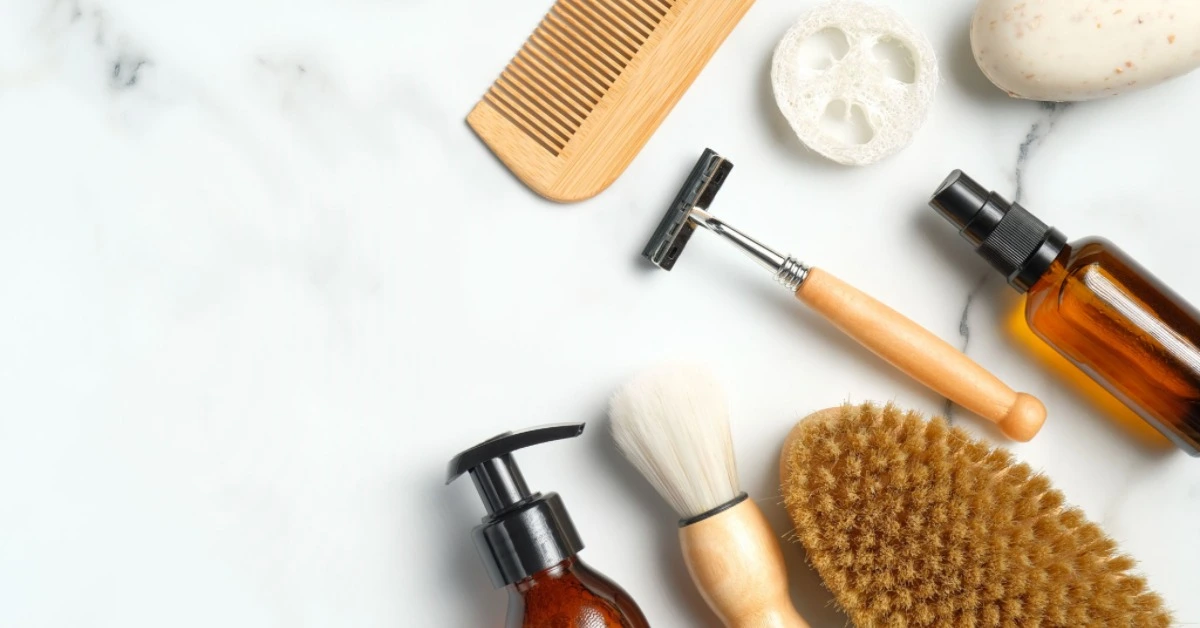Introduction to Lifestyle & Diet for Managing Seborrheic Dermatitis
Seborrheic dermatitis, a common skin condition, can be influenced significantly by one’s lifestyle and dietary choices. This pillar page explores how specific changes in diet and lifestyle can positively impact the management of this condition.
Understanding the Connection
The link between lifestyle, diet, and skin health is well-documented. Factors like stress, diet, and physical activity levels can directly affect the severity and frequency of seborrheic dermatitis flare-ups.
The Skin-Gut Connection
- Emerging research highlights the role of gut health in skin conditions.
- An imbalance in gut microbiota may contribute to increased inflammation, affecting the skin.
Inflammation and Skin
- Chronic inflammation is a key factor in many skin disorders, including seborrheic dermatitis.
- Managing inflammation through diet and lifestyle can lead to symptom reduction.
Dietary Recommendations
Diet plays a pivotal role in managing seborrheic dermatitis. A balanced diet can help mitigate inflammation and improve overall skin health.
Anti-inflammatory Foods
- Omega-3 Fatty Acids: Found in fish, flaxseeds, and walnuts, these can help reduce inflammation.
- Fruits and Vegetables: Rich in antioxidants, they combat oxidative stress.
- Whole Grains: High in fiber, aiding in digestion and reducing inflammation.
Foods to Avoid
- Processed Foods and Sugars: Can exacerbate inflammation.
- Alcohol and Caffeine: Might trigger flare-ups in some individuals.
- Dairy and High-Fat Foods: These can sometimes increase sebum production and inflammation.
Balanced Nutrition
- A well-rounded diet supports skin health.
- Importance of hydration for maintaining skin moisture.
Lifestyle Modifications
Adopting certain lifestyle habits can significantly influence the management and severity of seborrheic dermatitis.
Stress Management
- Meditation and Mindfulness: Practices like meditation can help reduce stress, a known trigger for seborrheic dermatitis flare-ups.
- Adequate Sleep: Quality sleep is essential for skin health and stress reduction.
- Relaxation Techniques: Activities such as yoga and deep breathing exercises can be beneficial.
Physical Activity
- Regular exercise improves blood circulation and promotes overall health, which can positively impact skin condition.
- Exercise also plays a role in stress reduction, indirectly benefiting skin health.
Skin Care Routine
- Gentle skin care practices can help manage symptoms without aggravating the skin.
- Use of mild, non-irritating cleansers and moisturizers is recommended.
- Avoiding harsh skin treatments and products that can disrupt skin’s natural balance.
Supplements and Vitamins
In some cases, supplements and vitamins can support the treatment of seborrheic dermatitis by addressing nutritional gaps or specific deficiencies.
Role of Supplements
- Omega-3 Supplements: For individuals who do not consume enough omega-3 fatty acids in their diet.
- Probiotics: May help in balancing gut microbiota and reducing inflammation.
- Vitamin D: Some studies suggest a correlation between vitamin D levels and the severity of skin conditions.
Considerations for Supplement Intake
- It’s essential to consult with a healthcare professional before starting any supplement regimen.
- Supplements should complement, not replace, a balanced diet.
Real-life Success Stories
Highlighting success stories can provide motivation and practical insights:
- Anecdotes from individuals who have seen significant improvements in their seborrheic dermatitis through dietary changes and lifestyle adjustments.
- These stories can serve as inspiration and offer relatable tips for readers.
Expert Insights
Insights from dermatologists and nutritionists add credibility and depth:
- Professional advice on the impact of diet and lifestyle on skin health.
- Latest research findings in the field of dermatology relating to diet and seborrheic dermatitis.
FAQs on Lifestyle and Diet for Seborrheic Dermatitis
Addressing common queries to clear doubts and provide additional guidance:
Q: How quickly can diet and lifestyle changes impact seborrheic dermatitis?
A: The timeline varies, but some individuals notice improvements within a few weeks.
Q: Are lifestyle changes a substitute for medical treatment?
A: No, they should complement medical treatment as advised by a healthcare provider.
Conclusion
While there is no cure for seborrheic dermatitis, incorporating specific dietary and lifestyle changes can significantly manage and alleviate its symptoms. A proactive approach, combined with medical advice, can lead to better control over this skin condition.
Call to Action
Encourage readers to adopt healthier habits and seek professional guidance for personalized treatment plans.
Medical Disclaimer
This content is for informational purposes only and is not intended to be a substitute for professional medical advice, diagnosis, or treatment. Always consult your healthcare provider for personalized advice and treatment.
Further Reading and Resources
For more in-depth information and resources on managing seborrheic dermatitis through lifestyle and diet, consider the following:
